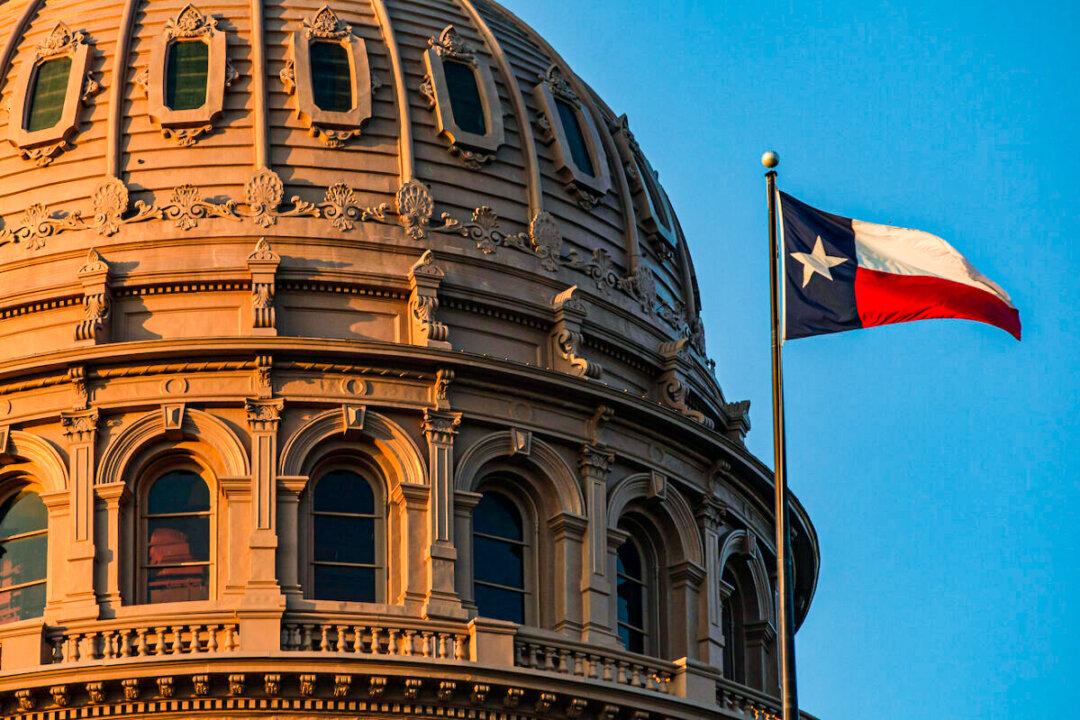A recent ranking of states according to “business friendliness” has deemed Republican-leaning “red states” as the highest in terms of favorability to free enterprise.
On July 13, CNBC released its 2022 ranking of “America’s Top States to Do Business,“ with an overall ranking based on 88 metrics in 10 broad categories. Among these 10, the deeply Republican states of the Mountain West and elsewhere dominated in one metric: ”business friendliness,” which was weighted at 8 percent of the total factors contributing to the overall ranking.





